December 10, 2019
Unisexual world
For decades, scientists have been talking about the dangers of global warming for fauna. Because of climate change, animals are deprived of food and migrate, Biosystems are destroyed. Now, biologists have discovered another danger: rising temperatures can lead to gender imbalance in some animals.
On TSD and its effects on animals
In most animals and in humans, sex is determined by the ratio of sex chromosomes. However, in some species of the animal world, the formation of sex is influenced by the surrounding climate, mainly by temperature. This evolutionary mechanism is called TSD-temperature-dependent determination. According to scientists, it is designed to regulate the sex ratio.
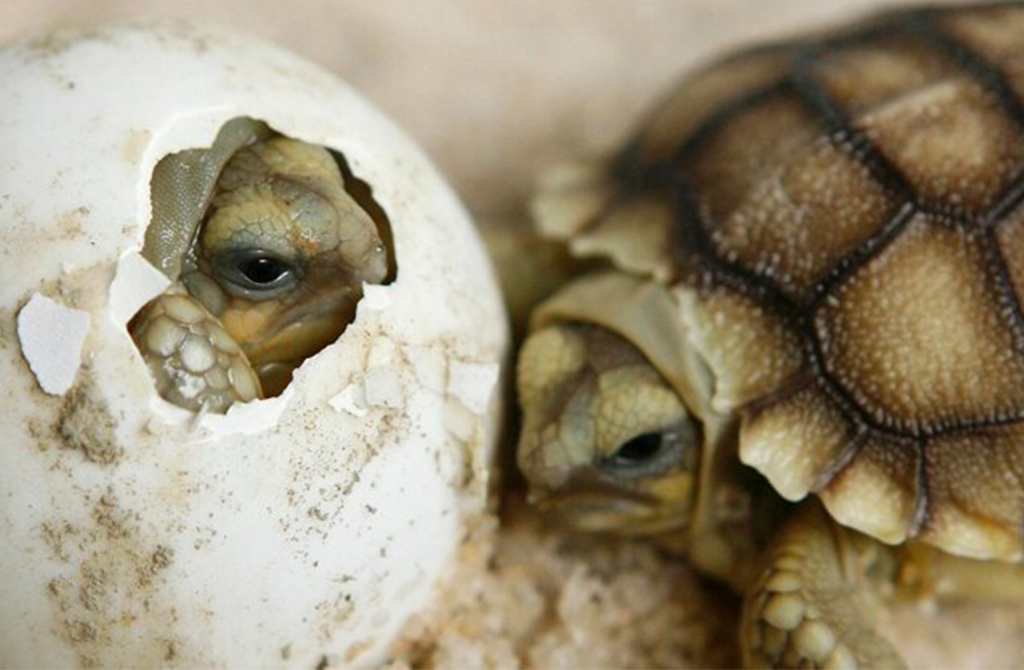
This development is typical for oviparous reptiles: crocodiles, some species of turtles, hatteria, eublefarov, etc. for Example, land turtles Testudo at a temperature of 26-29, 5°C are born exclusively males. Within 29.5-31.5°C the sex ratio is approximately equal. And at temperatures above 32, only females hatch.
More precisely, it used to be. What now?
Sexual bias
Alarming news is reported by scientists from the University of Exeter (UK), studying sea turtles on the Islands of Cape Verde. According to them, currently the number of females in this species exceeds the number of males.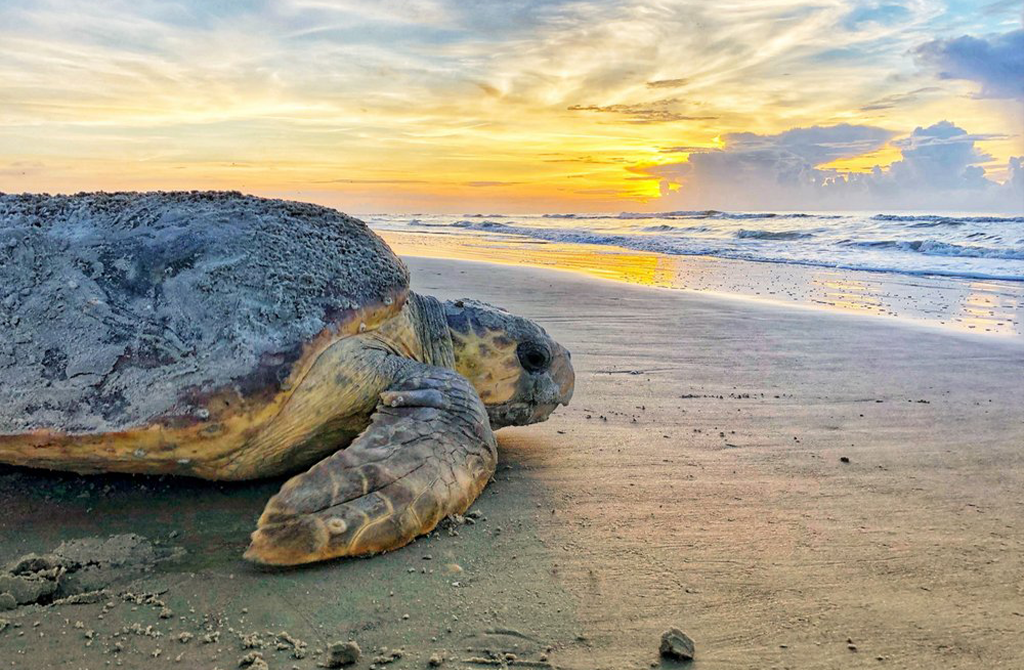
The main reason for this bias scientists see in global warming. Since 1800, the average temperature has increased by 0.8-1.2°C. according to forecasts, for the XXI century. it will increase, according to the most optimistic assumptions, by another 0.3-1.7°C. It would seem that this figure is small. However, the planet is already feeling the impact of rising temperatures. Animals in this case – the most accurate sensor.
So, Professor Arthur George from the University of Canberra (Australia) reports that Australian bearded Agamas began to change their gender. During the 9 years that the scientific team conducted observations in Queensland and New South Wales, under the influence of heat, the number of females increased by 16%. Moreover, there are animals that have a full set of external female characteristics with a simultaneous male chromosomal set.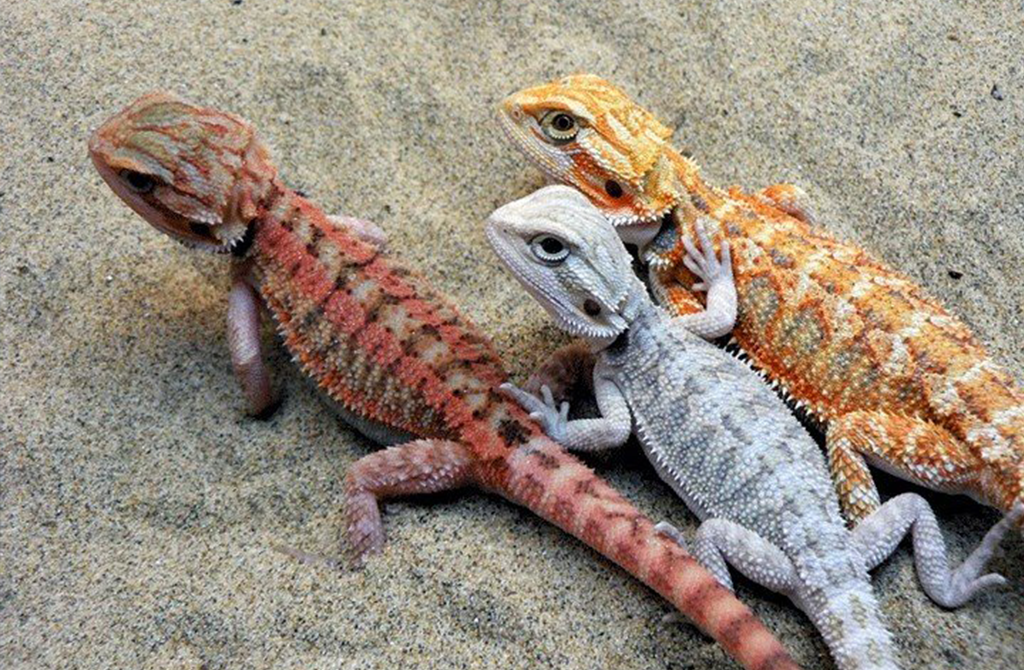
Professor George argues that such "transgender" bearded Agam over the years will be more and more. This will cause irreparable damage to the population as well as the entire ecosystem of Australia.
This also applies to other species whose reproduction is directly related to temperature. After all, each of these animals is an important part of the food chain.
Not just global warming
Sex change in animals is a consequence not only of temperature changes, but also of everyday human life. The British environment Agency reports that in a dozen freshwater bodies in the UK, more than a third of males have signs of the opposite sex.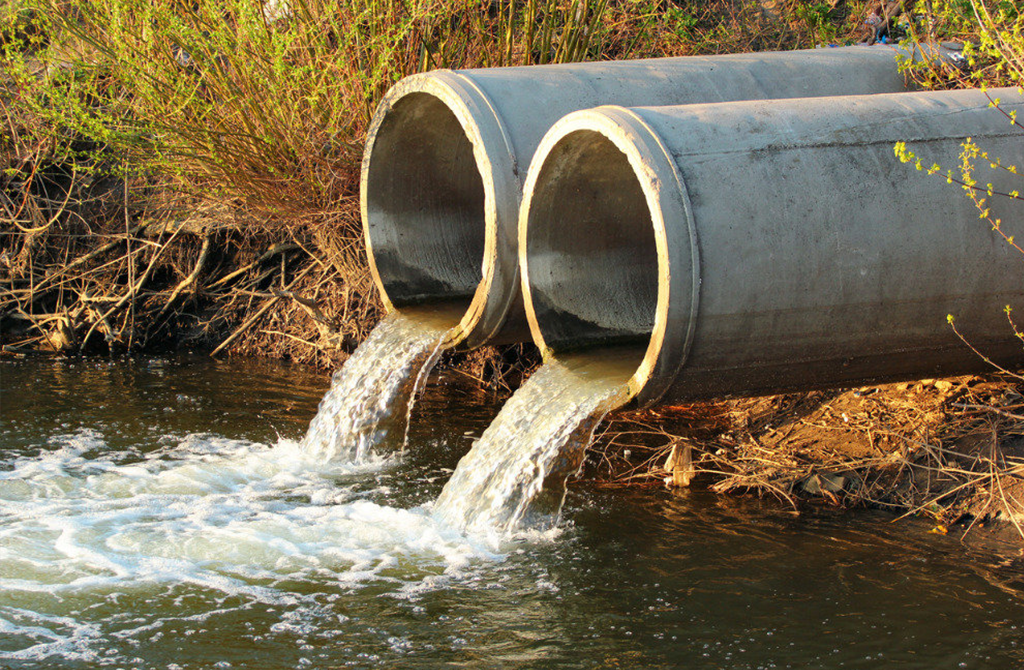
The cause of feminization biologists saw in estrogen, which is contained in female contraceptive pills. For many years, it gets into sewage, and then into the waters of the country. And although the concentration of estrogen is very small, for sex change in freshwater fish it is enough.
Unfortunately, moving the affected fish into clean water failed to restore sexual balance. The only salvation British scientists see in the installation of new water treatment equipment.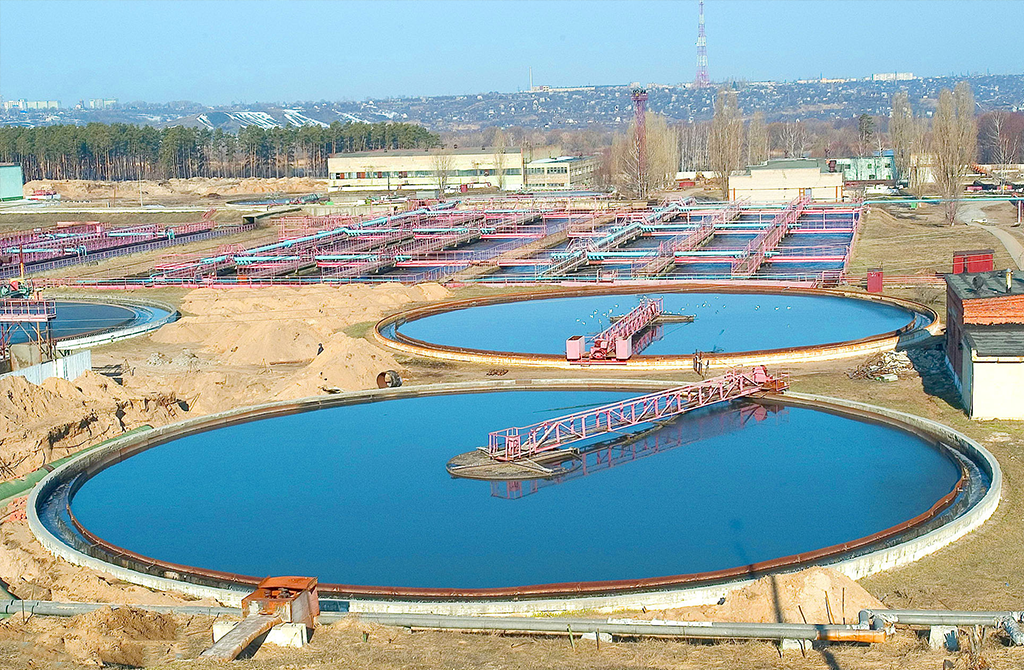
Whether this will help stop the feminization and death of species, time will tell.
On TSD and its effects on animals
In most animals and in humans, sex is determined by the ratio of sex chromosomes. However, in some species of the animal world, the formation of sex is influenced by the surrounding climate, mainly by temperature. This evolutionary mechanism is called TSD-temperature-dependent determination. According to scientists, it is designed to regulate the sex ratio.

This development is typical for oviparous reptiles: crocodiles, some species of turtles, hatteria, eublefarov, etc. for Example, land turtles Testudo at a temperature of 26-29, 5°C are born exclusively males. Within 29.5-31.5°C the sex ratio is approximately equal. And at temperatures above 32, only females hatch.
More precisely, it used to be. What now?
Sexual bias
Alarming news is reported by scientists from the University of Exeter (UK), studying sea turtles on the Islands of Cape Verde. According to them, currently the number of females in this species exceeds the number of males.

The main reason for this bias scientists see in global warming. Since 1800, the average temperature has increased by 0.8-1.2°C. according to forecasts, for the XXI century. it will increase, according to the most optimistic assumptions, by another 0.3-1.7°C. It would seem that this figure is small. However, the planet is already feeling the impact of rising temperatures. Animals in this case – the most accurate sensor.
So, Professor Arthur George from the University of Canberra (Australia) reports that Australian bearded Agamas began to change their gender. During the 9 years that the scientific team conducted observations in Queensland and New South Wales, under the influence of heat, the number of females increased by 16%. Moreover, there are animals that have a full set of external female characteristics with a simultaneous male chromosomal set.

Professor George argues that such "transgender" bearded Agam over the years will be more and more. This will cause irreparable damage to the population as well as the entire ecosystem of Australia.
This also applies to other species whose reproduction is directly related to temperature. After all, each of these animals is an important part of the food chain.
Not just global warming
Sex change in animals is a consequence not only of temperature changes, but also of everyday human life. The British environment Agency reports that in a dozen freshwater bodies in the UK, more than a third of males have signs of the opposite sex.

The cause of feminization biologists saw in estrogen, which is contained in female contraceptive pills. For many years, it gets into sewage, and then into the waters of the country. And although the concentration of estrogen is very small, for sex change in freshwater fish it is enough.
Unfortunately, moving the affected fish into clean water failed to restore sexual balance. The only salvation British scientists see in the installation of new water treatment equipment.

Whether this will help stop the feminization and death of species, time will tell.
Read more
July 31, 2024
April 12, 2024
April 5, 2024